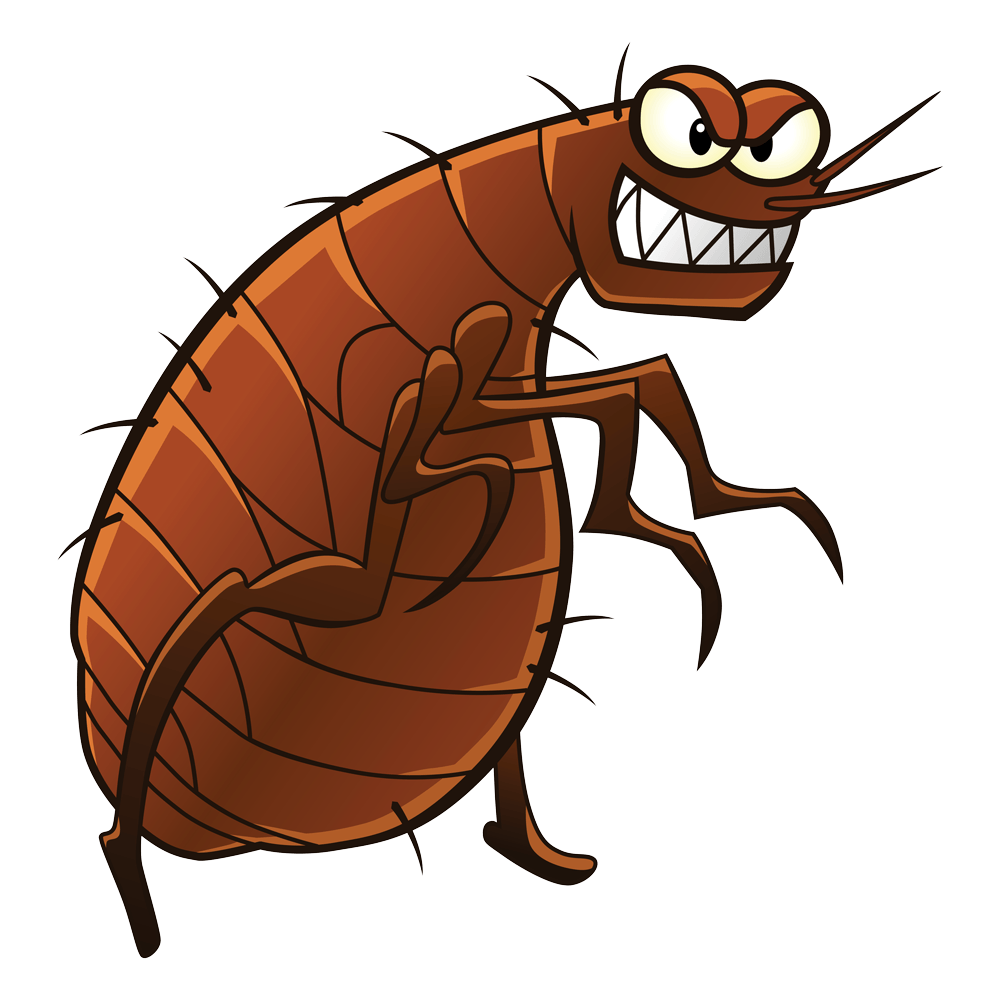One of the most prolific causes of itchiness in pets and humans is the common flea. There are more than 2,500 species globally, with over 300 in the United States. Luckily, only a few can affect a person's health. The four most common are the dog, cat, ground squirrel, and Oriental Rat flea. The cat flea is the top invader of domestic dogs and cats and can transmit Cat Scratch Disease and flea-borne Typhus. The dog flea is a known spreader of Dipylidium, a tapeworm normally found in pets but has also been found in people. The ground squirrel and the Oriental Rat flea are known to spread plague bacteria, and the Oriental can also spread Typhus.
Eggs can be difficult to spot since they're only about a half of a millimeter, about the size of a grain of salt. However, figuring out if you are dealing with an infestation can be as easy as watching your pet scratch or feeling your own itchiness. Your pet can show a marked increase in biting themselves, even to the point of thinning their fur and opening up lesions on their skin. You might even find Rover rubbing himself back and forth on the carpet à la Air Bud trying to scratch the perfect spot while transferring the bugs to rugs and furniture.
When people think of an infestation to, what comes mind is them hopping all over the place, but those are just the tip of the iceberg. Adults are only about 1% of the total infestation. Around 35% are in the cocoon phase, and 50% are still eggs waiting to hatch.
An adult can lay anywhere from 10 to 50 eggs when conditions are right, between 76° and 95°F and 60-65% humidity. With an adult lifespan of 100 days, a few can quickly become a huge problem.
Besides the itch and the diseases, they have also been known to transmit parasites. A common offender when it comes to this is the tapeworm. While it is more common with animals, when a flea carrying this nutrient-thief gets scratched, it can easily jump over 50 times its body length into a person's or animal's mouth and end up in their digestive tract, where it begins wreaking havoc. In particularly bad infestations, especially with smaller victims, they can feed on so much blood that it causes severe anemia due to blood loss.
If your home is infested with fleas, it's going to take a lot more than a bug bomb to get rid of the problem due to their multi-stage life cycle. A normal treatment may kill adults and even nymphs, but the eggs have a protective layer and can hatch days or weeks later. However, residents of Essex, Passaic, and Bergen Counties are in luck because New Day Pest Control has experts waiting in the wings to swoop in and take out your pest control problems. Whether fleas have invaded, ants are in your cupboards, or you have some stingers moving into your yard, we have what it takes to rid your property of problem pests.
Contact us today for an estimate before the itching begins.


